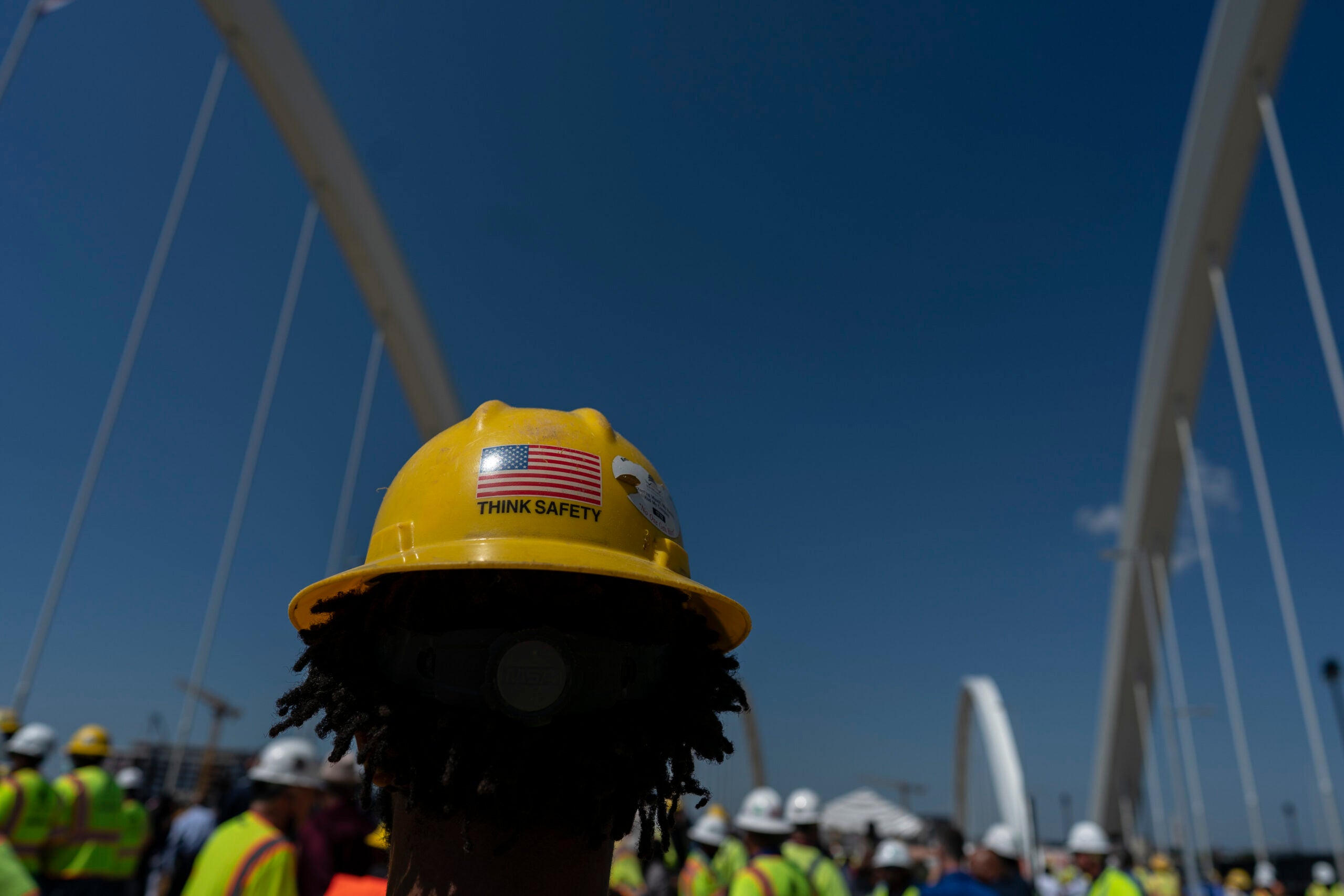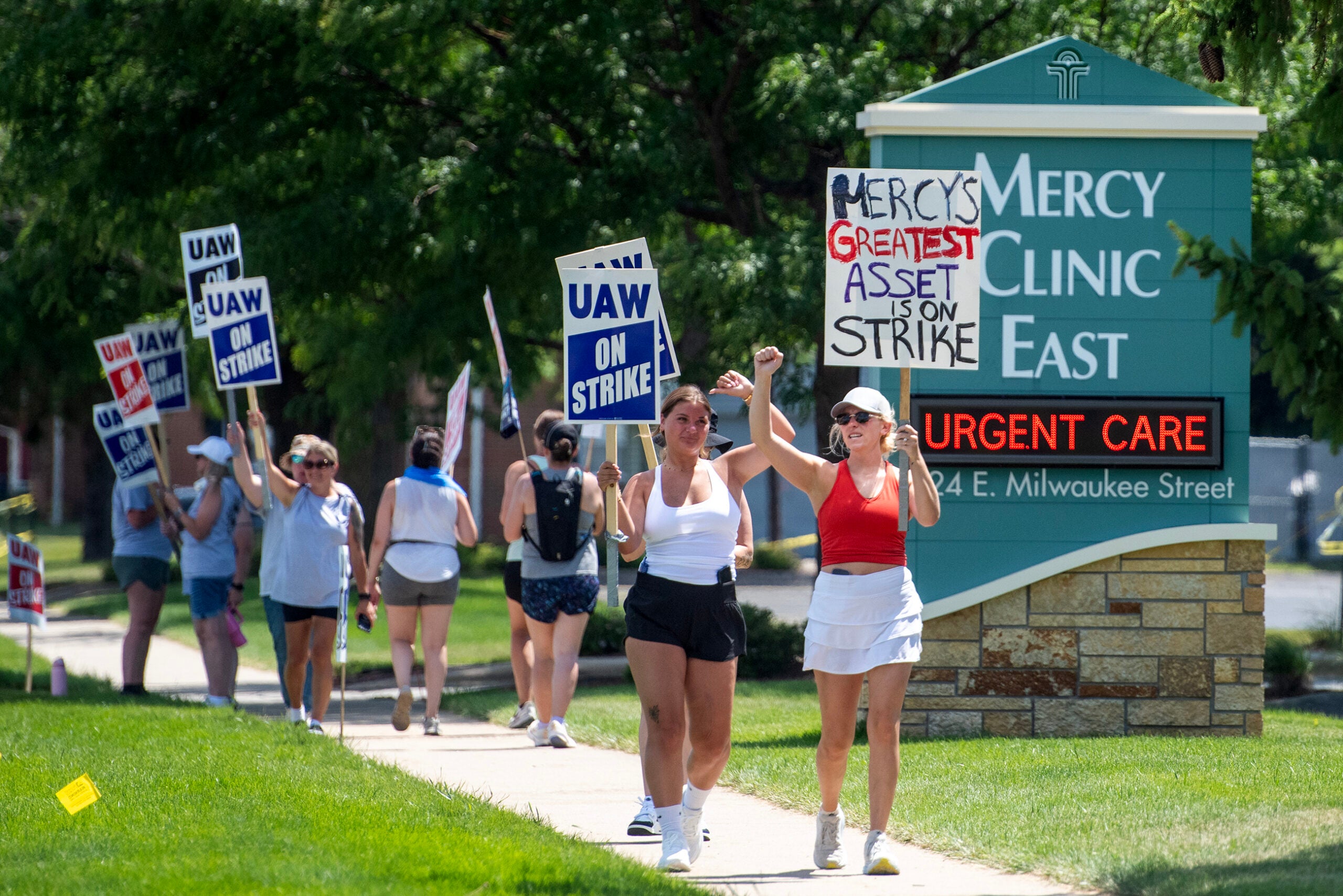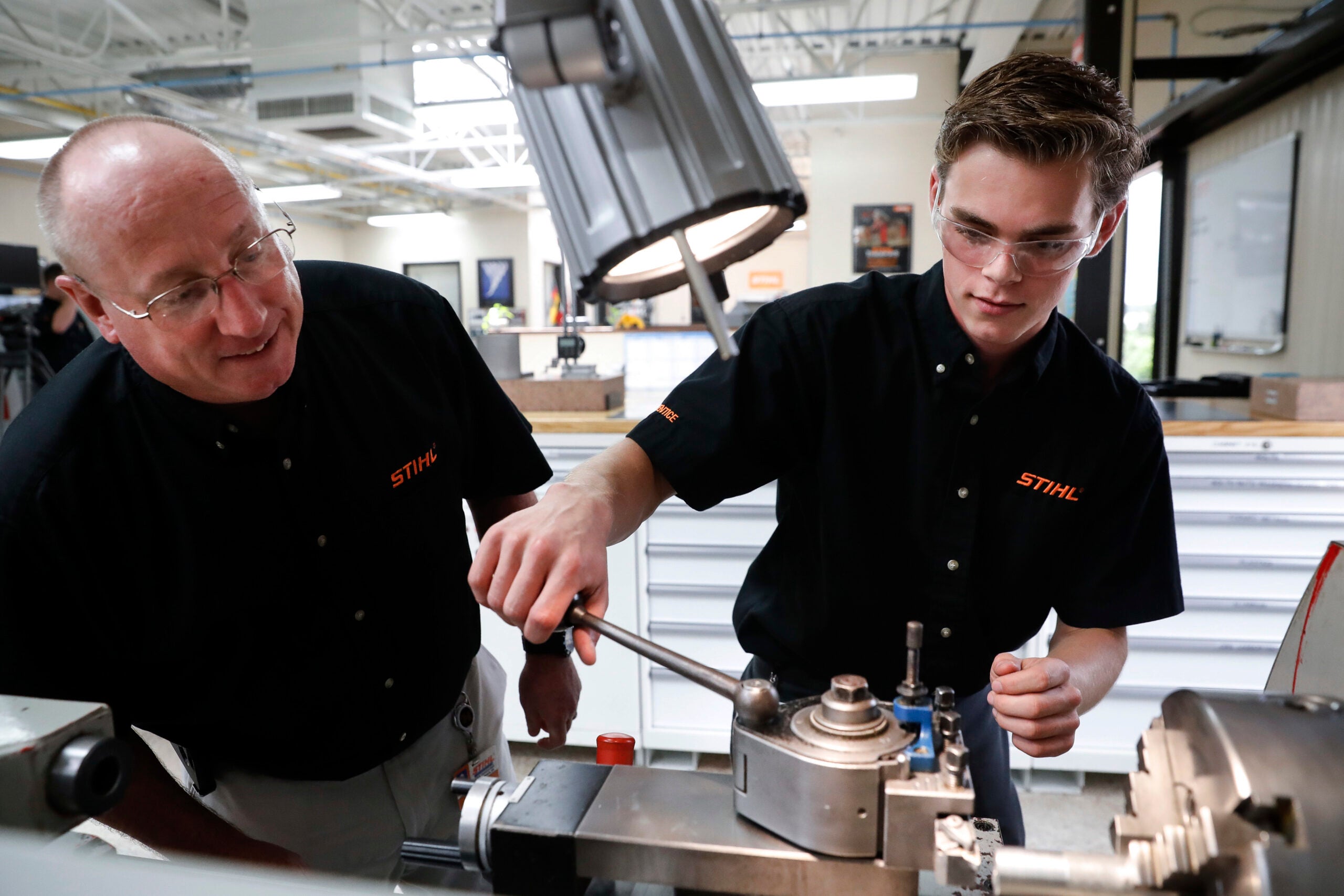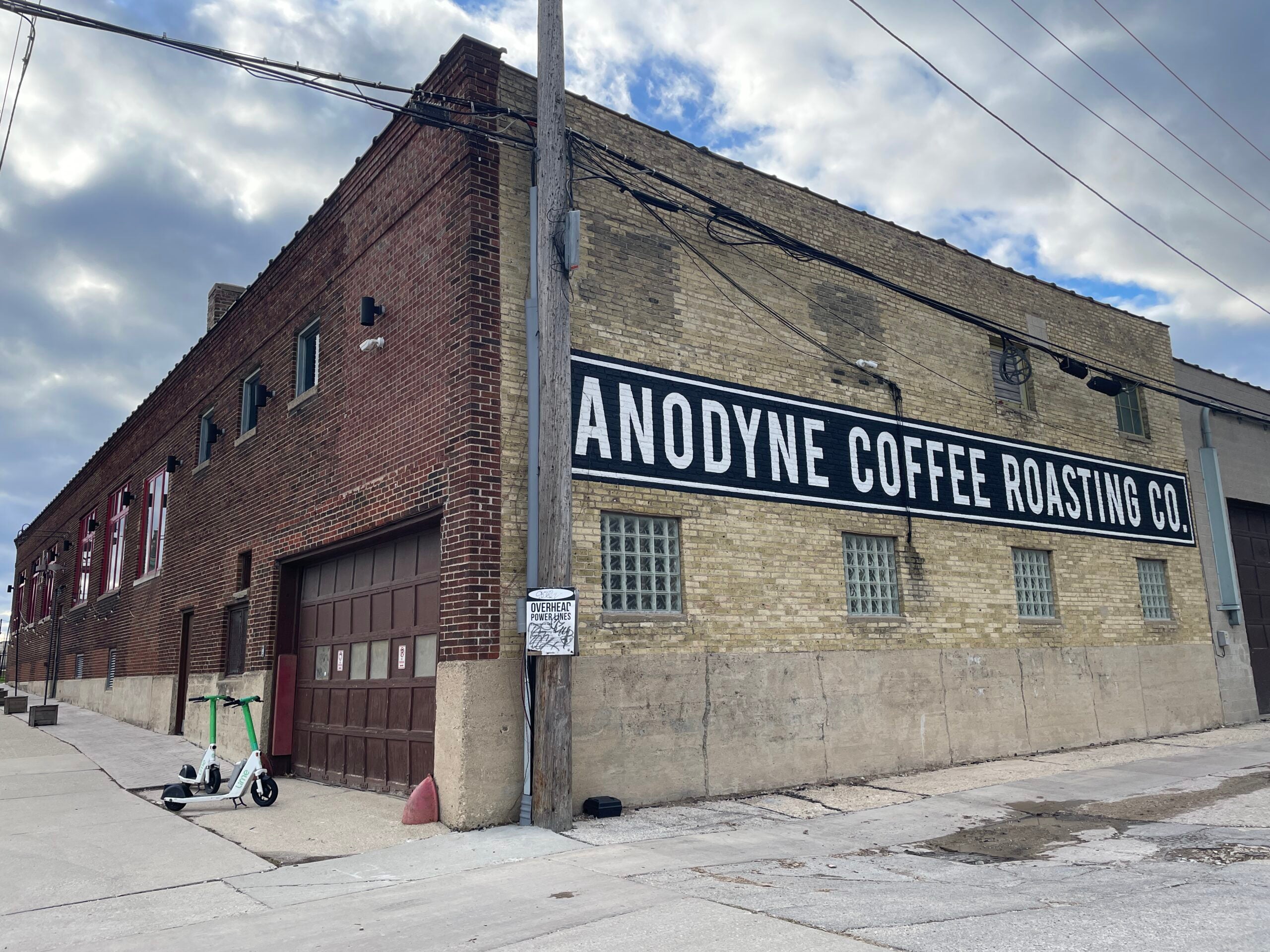Wisconsin unions called attention to the effects of workplace injuries and deaths Thursday on what they call Workers Memorial Day.
An AFL-CIO report released Tuesday found 340 workers across the country died each day in 2020 because of dangerous working conditions. It also found Latino and Black workers are at greater risk than their fellow workers.
Mike Daily is secretary for the Milwaukee Area Labor Council. He’s also a representative for the United Steel Workers.
News with a little more humanity
WPR’s “Wisconsin Today” newsletter keeps you connected to the state you love without feeling overwhelmed. No paywall. No agenda. No corporate filter.
“It’s a sad thing that, in 2022, we’re still arguing the same things that we were decades ago,” Daily said.
Daily said the day was chosen by the AFL-CIO in 1989 to mark the anniversary of the Occupational Safety and Health Act going into effect in 1971.
Data from the national Bureau of Labor Statistics, or BLS, shows the workplace injury and illness rate in Wisconsin in 2020 was 3.1 cases per 100 full-time equivalent workers, but the AFL-CIO’s report said underreporting of injuries is common, making the true toll much larger.
The BLS reported 108 fatal work injuries in Wisconsin in 2020. That’s down from 113 the year before. The all-time low was 77 deaths in 2008.
Stephanie Bloomingdale is the president of the Wisconsin AFL-CIO. Bloomingdale said workers should be able to speak out about workplace safety hazards without fearing retaliation.
“More and more workers are seeing the importance of joining a union, of being part of a union, because together, our collective voice, we can do better for each other,” Bloomingdale said. “Labor unions are all about making sure that workers have a better life on the job.”
Bloomingdale said that effort includes securing better pay and better working conditions, along with worker safety. She said the job of unions will only be finished when nobody is hurt or killed at work.
“No worker goes to work thinking that they’re going to die or become injured on the job, but unfortunately, it happens far too often in America’s workplaces,” Bloomingdale said.
Bloomingdale said the Occupational Safety and Health Administration, or OSHA, needs more funding.
“It became apparent — readily apparent — during the COVID (pandemic) that we did not have enough inspectors and we didn’t have the resources that we needed to make our workplaces safer,” Bloomingdale said.
Daily said preventable hazards claim the lives of too many workers, and many more workers suffer from exposure to toxic chemicals over time.
“When they say … accidents, you know, they just happen — no, almost all accidents in the workplace are preventable,” Daily said.
Daily said workers are banding together in part because of safety concerns. He said workers want “the peace of mind to know that they’ll be able to go home at the end of their shift, obviously with all 10 fingers, all 10 toes and everything that they came to work with.”
The pandemic has added to those concerns, Daily said.
“COVID-19 is a workplace safety issue, we believe that,” Daily said. “Workers need a strong OSHA standard to protect them from that.”
A February report from the Wisconsin Policy Forum found the percentage of employed Wisconsin workers in a union fell from 17.8 percent in 2000 to 7.9 percent in 2021. The author of that report said at the time, a decline in manufacturing and construction jobs played a role in the drop.
Daily pushed back against rhetoric that “all (unions) want is union dues.”
“Our primary purpose is to protect workers,” he said. “It’s to not allow the company conglomerates to take advantage of the workers or to put them in harm’s way.”
Daily said there’s “safety in numbers.”
“If the numbers decrease, then yeah, that is going to have an effect,” Daily said. “The more people that we can have fighting with the same fight that we’re fighting, the better off we’re going to be.”
Wisconsin Public Radio, © Copyright 2025, Board of Regents of the University of Wisconsin System and Wisconsin Educational Communications Board.







